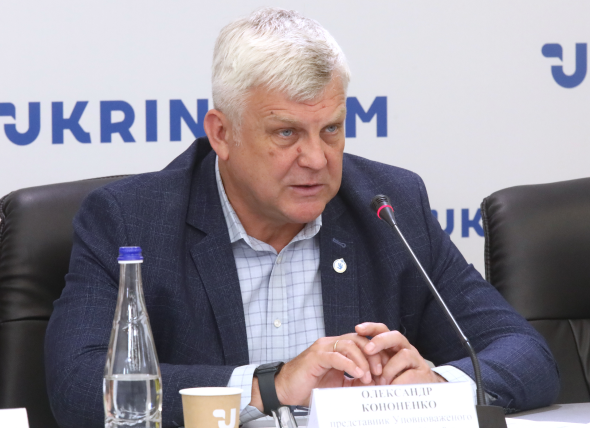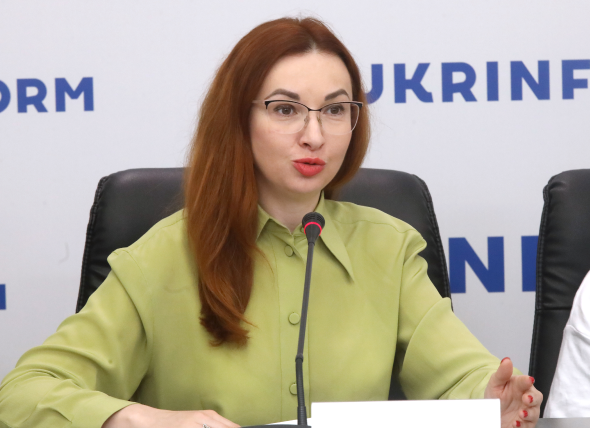Today, the situation with captured and missing Ukrainians remains very tense. More than 8,000 Ukrainians are held in russian captivity, and tens of thousands of our servicemen and women are reported missing, according to the Coordination Headquarters for the Treatment of Prisoners of War.
On 20 May, the Future for Ukraine Foundation (FFU) with the Association of Families of Azovstal Defenders’ held a press conference to mark the second anniversary of the end of the defense of Azovstal. During the press conference, the Foundation's team presented a new area of psychological assistance to women whose relatives went missing during the war or are in captivity.
"Our society still has no understanding of how women whose relatives are in captivity or missing feel. Women are often asked incorrect questions, and it is a moral burden. Consultations with a qualified psychologist provide the necessary support, understanding, and an opportunity to strengthen their mental state," says Olga Andrianova, co-founder of the Association of Families of Azovstal Defenders’.

That is why, as part of its GIDNA project to help women in times of war, FFU has launched a program of qualified psychological assistance for Ukrainian women who are experiencing an uncertain loss — their relatives went missing during the hostilities or are in captivity.
"We are now actively working on the release of all military and civilians from captivity, as well as the return of deported Ukrainian children to their families. We hope that at the summit to be held on 14-16 June in Switzerland, real steps will be taken to implement the 'all for all' prisoner exchange clause. In addition, we are intensifying our diplomatic work with the countries of the Big South," shared the information Oleksandr Kononenko, Military Ombudsman.

As part of the program, 14 women from the Association of Families of Azovstal Defenders have already received qualified psychological assistance. Group work with them continues. Anna Hrubaya, Head of projects and programs of “Women's Aid” direction, spoke about the positive feedback from the first participants in the program:
"As part of our work and feedback from women, we see significant improvements in their condition, but the uncertainty of the situation requires long-term assistance. That is why each woman who applies to the project is guaranteed to receive 16 free sessions with a psychologist, and monthly support after completing the group counseling course. This allows us to provide maximum support to women."
We are sincerely grateful to the press conference speakers and media for their attention and dissemination of information on this important and sensitive topic. We must support those women whose relatives have stood up to defend our country and risked the most important thing — their lives and health!





